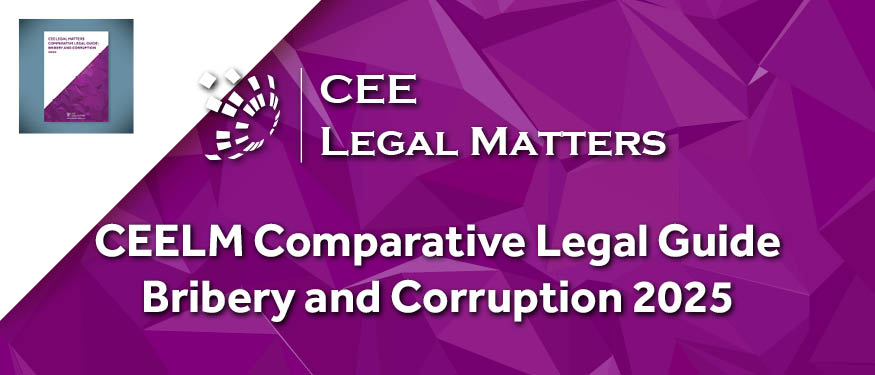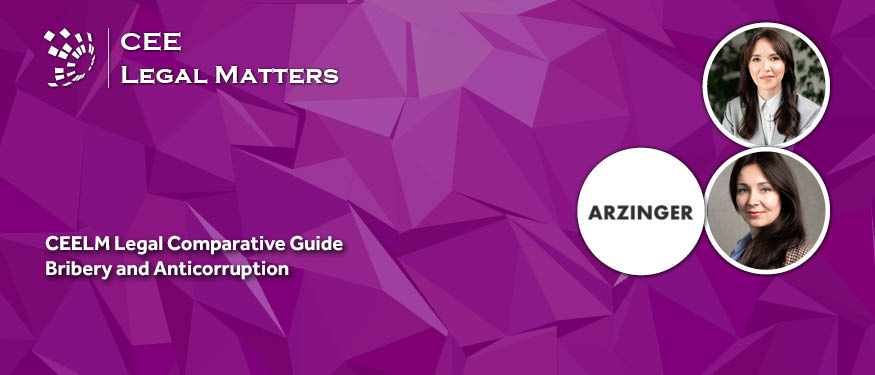In line with relevant European legislation, from 28 June 2025, new accessibility provisions will apply in Hungary to certain products and services, affecting a wide range of companies.
Carbon Footprint Under Scrutiny: Can Banks Track the Environmental Impact of Their Clients' Payments
Given the growing emphasis on sustainability and responsible business practices, obligations in the field of ESG are becoming increasingly significant. The banking sector is emerging as one of the key players in this transformation, with evolving regulatory frameworks influencing its operations.
New Law on the Central Register of Beneficial Owners
With the adoption of the Law on the Central Register of Beneficial Owners (“Official Gazette of the RS”, No. 19/2025), which entered into force on 14 March 2025, the legal framework governing this area has undergone significant changes. The application of most provisions is postponed until 15 September 2026, while certain provisions are applicable earlier.
Balancing the Scales: North Macedonia’s New Law on Unfair Trading Practices
North Macedonia has taken a significant step in regulating market competition with the enactment of the Law on the Prohibition of Unfair Trade Practices in the Supply Chain of Agricultural and Food Products (Law).
CEE Legal Matters Comparative Legal Guide: Bribery & Corruption 2025 is Now Out!
CEE Legal Matters is proud to introduce the latest in our Comparative Guides series. This one focuses on Bribery & Corruption in CEE.
Bribery and Corruption in Ukraine
Contributed by Arzinger.
Bribery and Corruption in Slovenia
Contributed by Selih & Partnerji.




















